Is Shopify legit? A 2025 guide for shoppers & store owners
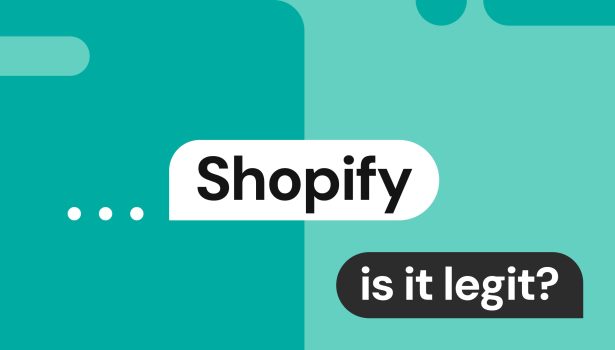
Shopify is a well-established and trusted platform used by millions of businesses across the world, including household names such as Gymshark and Heinz. It is PCI DSS Level 1 compliant, uses SSL encryption on all stores, and provides 24/7 support and fraud detection tools.
That said, Shopify is only a platform—not a direct retailer. Anyone can launch a store with minimal oversight, and scammers exploit this openness to create fraudulent or deceptive online shops. Due to this, it is crucial not to confuse the legitimate nature of Shopify with the credibility of a given store.
What is Shopify and how does it work?
Shopify is a cloud-based e-commerce platform that allows anyone to create, manage, and scale online stores—with no technical expertise needed. It was established in 2006 and has since grown into one of the world’s leading solutions, powering millions of businesses and facilitating hundreds of billions of dollars in sales globally. Among the popular brands that use the platform are Gymshark, Mattel Creations, Fashion Nova, Glossier, and Heinz.
Shopify lets sellers build and operate online stores with the help of the following features:
- Website builder with customizable themes. It doesn’t need any coding, and store owners can use either free or premium templates.
- Multi-channel selling that covers your website, physical stores (POS), marketplaces such as Amazon, and social media platforms.
- Central dashboard that helps keep track of inventory, shipping, taxes, analytics, etc.
- Integrated payment processing that supports safe methods like Apple Pay, credit cards, PayPal, Stripe, and others.
- Shipping assistance that lets you print shipping labels, offers real-time shipping rates, and connects with fulfillment services.
- Built-in AI tools that help generate product descriptions, emails, FAQs, and marketing content.
Each store can have its unique domain and design, allowing merchants to have complete brand control and provide the illusion of a free-floating storefront, despite operating on Shopify’s backend infrastructure. This flexibility is also the reason buyers often don’t realize they’re shopping via Shopify—the platform remains invisible unless the seller decides to disclose it.
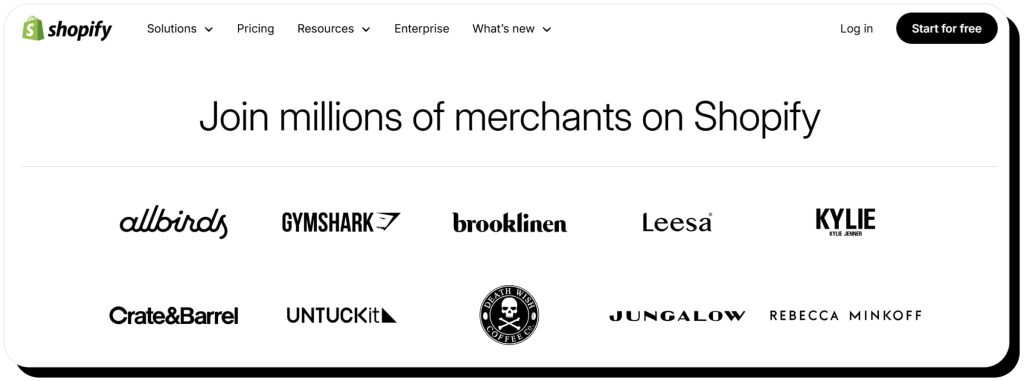
Is Shopify safe to use?
Shopify is safe for both merchants and shoppers. It uses enterprise-grade security measures similar to those employed by banks and major corporations.
SSL encryption
All stores created on Shopify have a Secure Socket Layer (SSL) certificate that encrypts any data being passed between the shopper’s browser and the store. This protects sensitive information such as credit card numbers and passwords from being easily intercepted or tampered with by hackers.
PCI DSS compliance
Shopify is Level 1 PCI DSS compliant, the highest standard of payment security. This guarantees that all Shopify stores automatically adhere to strict security protocols for handling, processing, and storing credit card information.
Fraud detection tools
When a customer places an order, Shopify automatically generates a fraud analysis report with indicators like mismatched billing and shipping addresses, high-risk IP addresses, and unusually large order values. This helps merchants identify and cancel suspicious transactions before they result in chargebacks or losses.
Shopify payments security
Shopify Payments is a built-in system that allows sellers to accept major payment methods directly through their store without relying on third-party gateways. It simplifies the checkout and eliminates extra transaction fees that Shopify would otherwise charge for external providers.
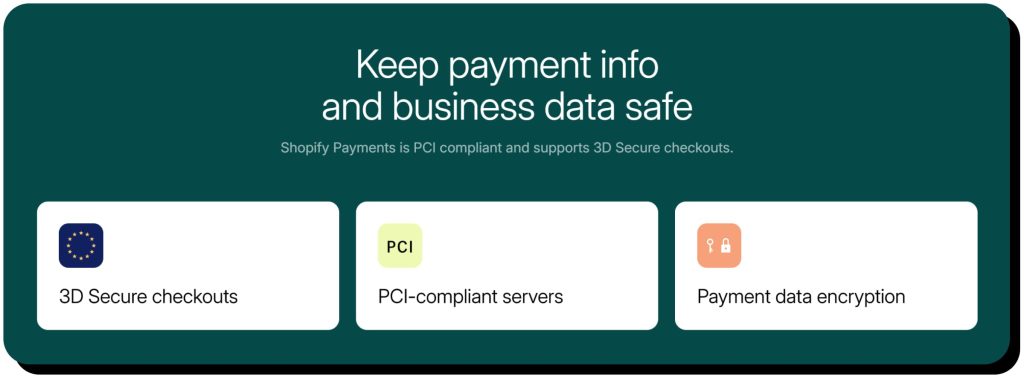
24/7 customer support
Shopify provides 24/7 customer support through live chat, phone, and email, so that any problems can be resolved promptly.
Bug bounty program
Shopify incentivizes ethical hacking through HackerOne, where security researchers can earn financial rewards for finding vulnerabilities in Shopify’s core services, APIs, mobile apps, and other systems. All reports are reviewed by Shopify’s internal security team, which helps strengthen the platform and eliminate bugs before they’re exploited by cybercriminals.
Are Shopify stores legit?
It’s important to understand that Shopify doesn’t manage the stores created via the service, it only provides the tools. Anybody can open a shop relatively quickly—without any vetting process. This leads to abuse by scammers who create fraudulent sites, sell counterfeits, and take payments without shipping the products.
That said, Shopify does take action against bad actors:
- The Acceptable Use Policy (AUP) outlines what merchants can and cannot do on the platform. Those who violate the rules (sell illegal goods, engage in false advertising, violate intellectual property rights, etc.) may face consequences such as content removal, store suspension, withheld payouts, or permanent account termination. In serious cases, Shopify may also report the violation to law enforcement or regulatory authorities.
- The Trust & Safety team investigates reports and violations of Shopify’s policies. The work is done both with the help of automatic tools and manual reviews.
- Machine learning is used to automatically analyze and flag potentially fraudulent transactions. The system is trained on data from past orders, which helps it to detect patterns and anomalies that might indicate fraud.
These measures help Shopify identify suspicious behavior and minimize the risk of scams. However, ultimately, it’s up to shoppers to do research and check whether a given store is legitimate.
How to spot a scammy Shopify store
The following red flags are applicable to all e-commerce stores, not only the ones powered by Shopify. When shopping online, be wary of the following:
- Prices that look too good to be true or discounts that are incredibly generous. Even for Black Friday, something like “$119 → $9.95” is suspicious.
- Lack of contact information. Legitimate stores always have a customer service team that should assist with questions or issues.
- Generic product descriptions. These include vague language with no specific details about an item, repeated phrases across various products, and grammatical mistakes.
- Fake urgency tactics: countdown timers that reset when you reload the page, “Only 1 left!” banners, or pop-ups that urge you to finish the transaction swiftly.
- Dubious influencer endorsements. Check whether the influencer has actually posted about the product on their verified channels and social media, or if the store faked the endorsement.
- Payment methods with little to no security like Cash App, crypto, wire transfers, and others without buyer protections.
Reputation and user reviews
Shopify has built a strong reputation as one of the leading e-commerce platforms in the world. It’s widely praised for its user-friendly interface, such that even the technologically-challenged can create and maintain an online store with relative ease. Any small company can begin with minimal functionality and then scale to the more powerful tiers as sales increase.
However, not all sellers are happy with the transaction fees they have to pay unless they are using Shopify Payments. Others find that additional tools to enhance functionality can become a costly affair as the store grows.
As for buyers, they rarely leave feedback on Shopify exclusively simply because they usually don’t realize that the store they shop on is powered by it. Moreover, the feedback that is left typically concerns a specific store, not the Shopify platform. For example, many negative reviews on Trustpilot express frustration with the shopping experience, which Shopify has very little control over. This results in a low review score—1.3 out of 5 stars at the time of writing.
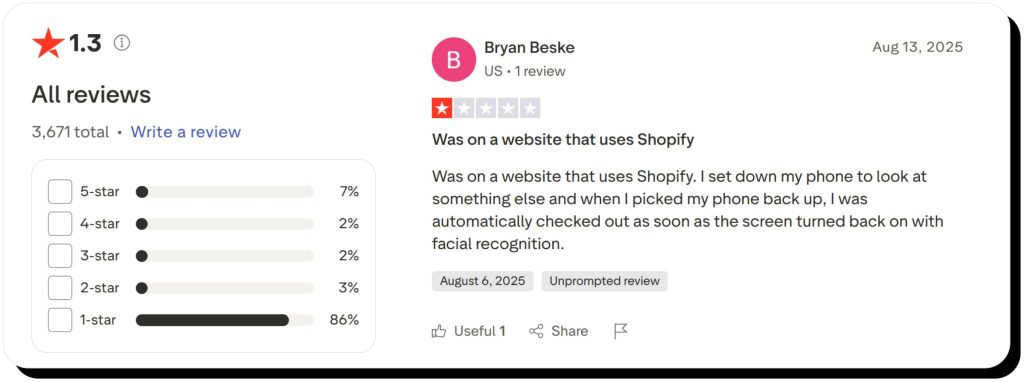
On other review platforms, the ratings are much better, with 4.5/5 stars on Capterra and 4.4/5 stars on G2.
Overall, Shopify has a solid reputation as a top choice for beginners and growing businesses.
Common Shopify scams (and how to avoid them)
Because of how easy and quick it is to build an online store, scammers abuse Shopify to create fraudulent shops that seem legit at first glance. Here are the 8 most common scams buyers encounter and how to protect yourself:
Fake stores selling nonexistent products
Certain fake Shopify stores are established with the sole objective of receiving money without shipping any items. You’ll either get a fake tracking number or no updates at all, and by the time you realize something’s wrong, the store has often vanished or simply doesn’t answer your queries.
How to avoid: Prior to placing an order, research the store online and never rely on any information or reviews posted by the store itself.
Cloned or impersonated brands
Scammers also build fake Shopify shops that resemble popular brands, stealing their logos, photos, and layouts. These websites mislead consumers into believing they are purchasing from an authorized dealer.
How to avoid: Always check the store URL and go over the official social media channels of the brand (verified accounts) to ensure you open legitimate links.
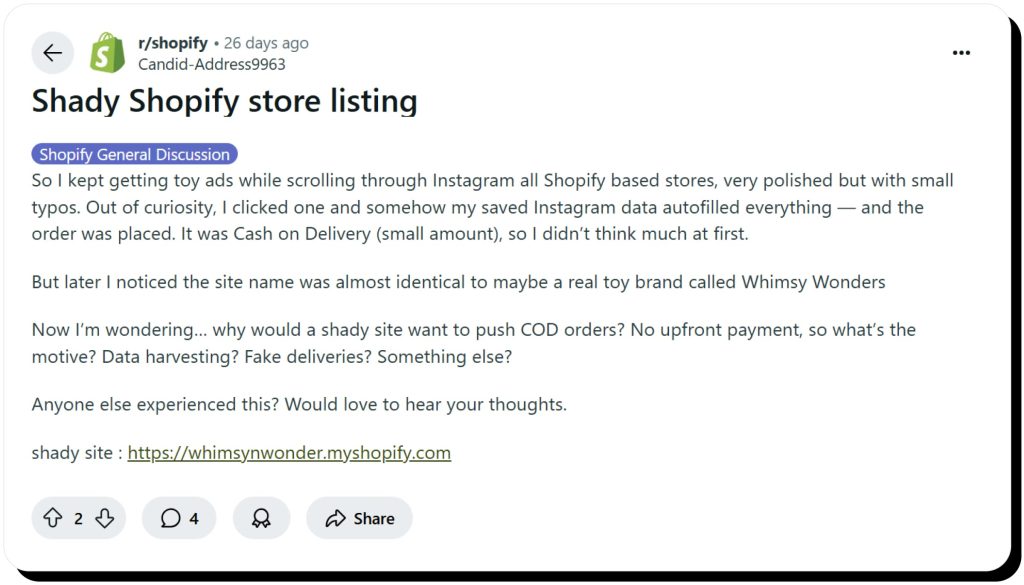
Counterfeit goods
Some vendors sell designer or luxury products at very cheap prices, yet they are usually low-quality knockoffs.
How to avoid: Browse the brand’s site to find official distributors. If the item is second-hand, ask for documentation that came with the original purchase and proves its authenticity. It’s also a great idea to look up online how to tell if your particular product is legit or fake.
Unauthorized subscription traps
Some stores lure people in with free trials or one-time product offers, then quietly enroll them in monthly billing cycles. The details are usually buried in fine print or not mentioned at all during checkout. Victims don’t realize they’ve been subscribed until charges appear on their bank statements.
How to avoid: When shopping on a new platform, never rush through checkout. Instead, carefully evaluate all the info and all the charges. If it’s an offer or some kind of deal, read the conditions before completing the transaction.
Phishing emails
Hackers send fake emails and texts pretending to be Shopify or stores powered by it. They usually include links that are designed to collect your personal information or download spyware on your device.
How to avoid: Never click links unless you’ve verified that the sender is legit. It’s better to log into your account and check the notifications there.
Too-good-to-be-true flash sales
Fake shops can apply massive discounts along with digital countdown clocks to intimidate customers into making hasty purchases. But the sale isn’t real, the products might be fake or never ship, and by the time you realize it, the site’s gone.
How to avoid: Always research every new online shop before buying something. If the deal is real, they’ll also have social media with the same countdown posts and alerts.
Survey scams
You’ll be asked to fill out a survey in exchange for a reward, like a coupon or free product. But the real purpose is to collect your personal data—name, email, phone number, and even payment details. The reward never comes, and your information may be sold or used in future scams.
How to avoid: Never enter personal information in a form or survey not found directly on the official site of a store. And even if it’s official, it’s still better not to provide sensitive details like your card info, full legal name, and home address.
Fake health or skincare products
Many online stores sell supplements, creams, health gadgets, and other products that are advertised to boost your health. These usually have no real medical evidence behind them and are ineffective at best. In many cases, they are actually harmful.
How to avoid: Do research on the brand, study the ingredients of products, and confirm the safety through trusted sources before purchase. Remember that even legit products rarely bring miracles or quick results.
Tips to stay safe when shopping on Shopify
When shopping online, your main protection is your own research. Whether it’s a Shopify store or not, follow these tips to stay safe from scams:
- Always research the store: look for third-party opinions on review sites and platforms like Reddit where people talk about their real experiences.
- Double-check the URL to make sure there aren’t any misspellings and the address starts with HTTPS.
- Check refund and return policy: if it’s overly strict or vague, consider it a red flag.
- Avoid risky payment methods and stick to those that offer buyer protections like credit cards or PayPal.
- Save your order confirmation and receipts in case disputes arise.
- Look for clear contact info: legit stores provide a physical address and several methods to reach customer service.
- Be skeptical of extreme discounts. Use common sense: if it looks too good to be true, it probably is.
- Use Shop.app if possible. While the Shop app doesn’t guarantee store legitimacy, it helps track shipping and payment and verify some store details.
Conclusion: can Shopify be trusted?
Yes, Shopify can be trusted. It is a valid and safe international e-commerce platform that is utilized by both small companies and big brands. However, it’s important to remember that Shopify helps build online stores but it doesn’t operate them.
To determine whether a particular Shopify store can be trusted, you should do your research and read reviews about that particular brand.
FAQs
Is Shopify a legitimate company?
Yes, Shopify is a legitimate Canadian e-commerce company that powers over 4 million businesses in more than 175 countries. It’s trusted by major brands like Allbirds, Heinz, and Gymshark.
Is Shopify safe to buy from?
Shopify itself uses strong security measures like SSL encryption, PCI DSS Level 1 compliance, and fraud detection systems to protect customer data during transactions. However, it’s a platform, not a retailer, and it doesn’t manage individual stores created with it. This means that your safety ultimately depends on the specific store you’re buying from.
Is Shopify a scam?
Shopify itself is not a scam. However, anyone can create an online store using the platform—including scammers. While Shopify removes fraudulent stores when reported, it doesn’t manually review each one.
Is Shopify trustworthy?
Yes, Shopify is a trustworthy platform that powers millions of online stores worldwide. It’s praised for ease of use, design flexibility, and the app ecosystem that supports store growth without requiring technical expertise. However, it’s only a tool and doesn’t manage individual stores, so the shopping experience depends on the seller.

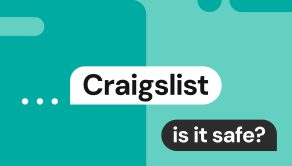



Mark comes from a strong background in the identity theft protection and consumer credit world, having spent 4 years at Experian, including working on FreeCreditReport and ProtectMyID. He is frequently featured on various media outlets, including MarketWatch, Yahoo News, WTVC, CBS News, and others.